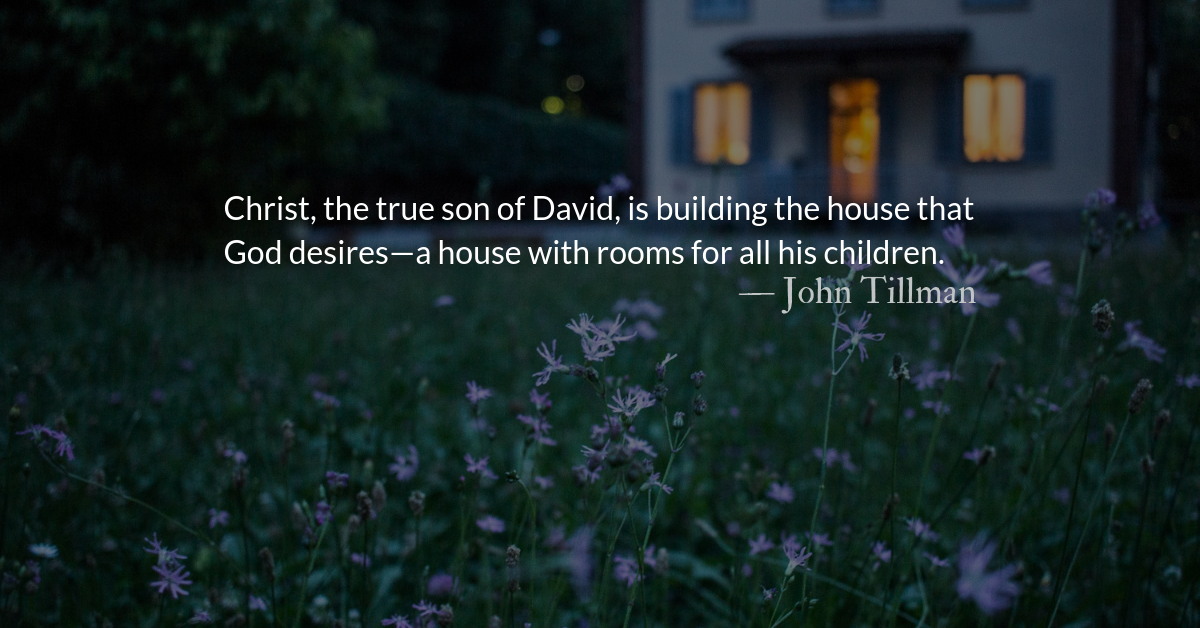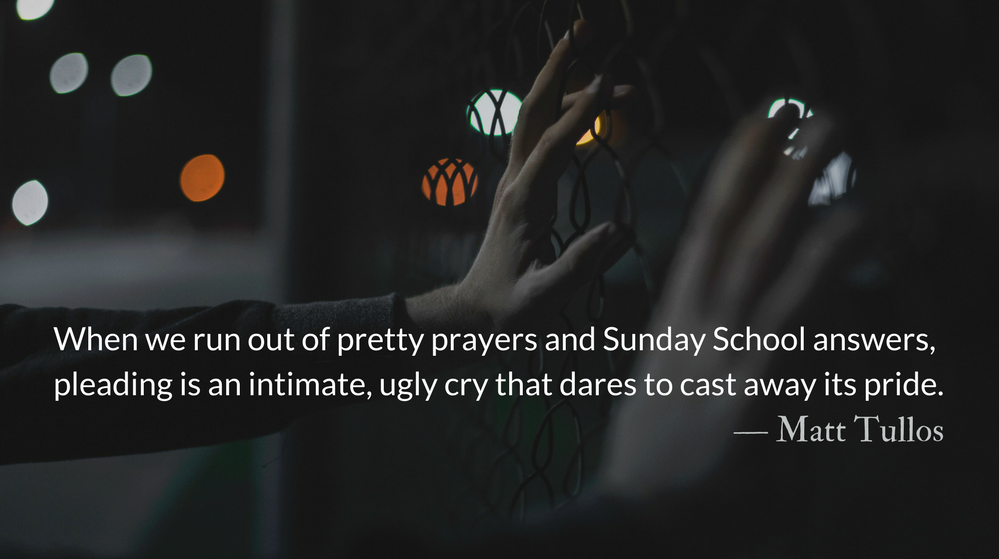Scripture Focus: 2 Corinthians 5.6-7
Therefore we are always confident and know that as long as we are at home in the body we are away from the Lord. For we live by faith, not by sight. We are confident, I say, and would prefer to be away from the body and at home with the Lord.
Reflection: Let’s Take a Walk
By Jon Polk
The classic KJV translation of 2 Corinthians 5:7 is frequently quoted, cross-stitched and memorized: “For we walk by faith, not by sight.”
Jews used this word walk as an idiom relating to how you live your life. We utilize a similar idea when we talk about our “Christian walk” or our “walk with God.” Our lives ought to be dependent on our faith, not on what we can see or comprehend.
Contrary to the popular phrase, faith is not about taking a “blind leap” but rather making steps towards God, following the path he lays out before us. Paul refers to confidence twice in this passage, implying that faith is not blind hope but is grounded in our trust in God.
Faith is confident movement towards the path that God has ahead for us. We may not see the path, but we have faith that the path exists. We may not see beyond the first step, but we take the first step in faith. We may not see all the reasons behind what God is calling us to do, but we have faith that he leads us as he does for a purpose.
On his first journey to China, the great British missionary Hudson Taylor traveled aboard a sailing vessel. As the ship neared the coast of New Guinea, the winds died out for a number of weeks. The ship began to drift dangerously towards the shore, at risk of running aground on the coral reefs leaving the crew to the mercy of the natives rumored to be cannibals.
The captain came to Taylor in desperation, asking him to pray for God to send wind. So Taylor and a few other men began to pray for a breeze. As they prayed, he went up on deck and asked the second mate to ready the mainsail. Initially, the mate resisted, not wanting to appear foolish in front of the crew, but Taylor insisted and he finally agreed. In the ensuing moments, a strong wind indeed came upon the ship and sailors scrambled all over the deck as the wind kicked in.
When you raise the sails in your life before you can even see the wind, you’re walking by faith.
So go take a walk. Not a walk based on what we can see in this earthly life but a walk by faith into the adventurous life God has for us.
Divine Hours Prayer: A Reading
Jesus taught the crowds, saying: “The light will be with you only a little longer now. Go on your way while you have the light, or darkness will overtake you, and nobody who walks in the dark knows where he is going. While you still have the light, believe in the light so that you may become the children of light.” Having said this, Jesus left them and was hidden from their sight. — John 12.35-36
– From The Divine Hours: Prayers for Summertime by Phyllis Tickle.
Today’s Readings
2 Samuel 16 (Listen – 4:03)
2 Corinthians 5 (Listen – 3:14)
Thank You!
Thank you to our donors who support our readers by making it possible to continue The Park Forum devotionals. This year, The Park Forum audiences opened 200,000 free, and ad-free, devotional content. Follow this link to join our donors with a one-time or a monthly gift.
Read more from Jon Polk: Faith of the Flawed
The purpose of this passage is to demonstrate how ordinary people overcame difficult situations through their faith in God.
Read more about Light for the Next Step :: Readers’ Choice
God’s word, most of the time, provides one-step-at-a-time light. A lamp for our feet forces us to engage with where we are, not look only at distant destinations.











